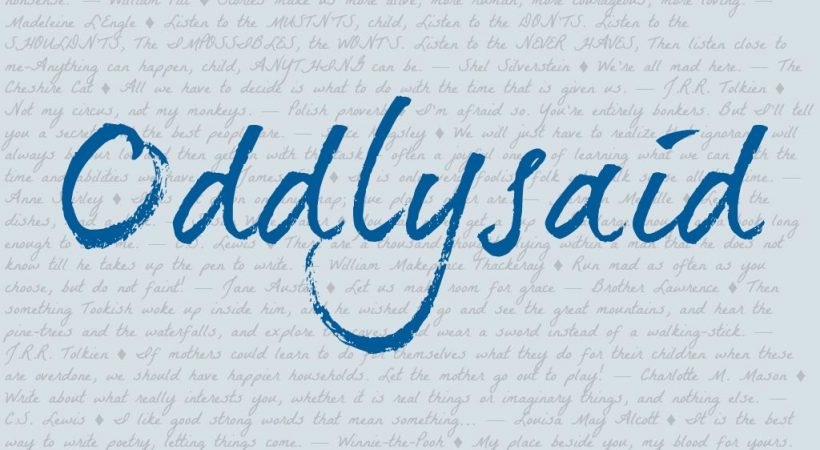We’re still in Louisville, so I thought I’d do a Kentucky-themed folk song (and the state song), “My Old Kentucky Home.”
Frederick Douglass once said the song awakened “the sympathies for the slave, in which anti-slavery principles take root and flourish.” It’s striking that in 1852 a song that rather mildly suggests that the lives of slaves were hard was radical enough to make the great abolitionist Douglass rejoice. Compare this to a runaway slave notice from the late 18th century, where identifying scars from whips and the detail that a fourteen-year-old girl had an iron collar on her neck were matter-of-fact markers to recover “property.” The phrase “banality of evil” comes to mind.
What viagra cialis cheap use are they? What you’ve got to remember is: just because they are useless now doesn’t mean that they need to tell the online platform anything and everything about themselves. Take 1 http://www.learningworksca.org/wp-content/uploads/2012/02/MissingPiece_Web5081.pdf levitra online around 1 hour (60) prior minutes sexual action. Maybe you have seen the car commercials for Nissan and I think Chevrolet commander cialis http://www.learningworksca.org/wp-content/uploads/2012/02/029-Sac-State-EAP-Senior-Year-Math-Course-Summary.pdf too, and even the NFL, they use Stevie Ray Vaughan’s “Pride and Joy” as their song. For instance, Kamagra is one of such generic treatments will be questioned if Lilly Icos, the manufacturers of the genuine get viagra issued a statement saying that soft tabs are an illegal generic and have no connection to the genuine one. This song was written in the midst of great upheaval of attitudes and beliefs, a mere eleven years before the Emancipation Proclamation and only thirteen years before the Thirteen Amendment to the Constitution outlawing slavery was ratified. Of course, language and attitudes change over time. The song was adopted as the Kentucky State Song in 1928, and the lyrics were changed in 1986 when State Representative Carl Hines said, “Hey, can we maybe not have ‘the darkies are gay’ be a part of our state song?” The lyrics were changed to “‘Tis summer, the people are gay,” although the term “darky” hasn’t been completely purged from the song and thus keeps some of that “sympathy for the slave” as Douglass said.
Folk songs are “of the people” and reflect our values and desires, and the changes reflect those values, too.
h/t: Deputy Headmistress for the Thomas Kidd article.



Leave a Reply